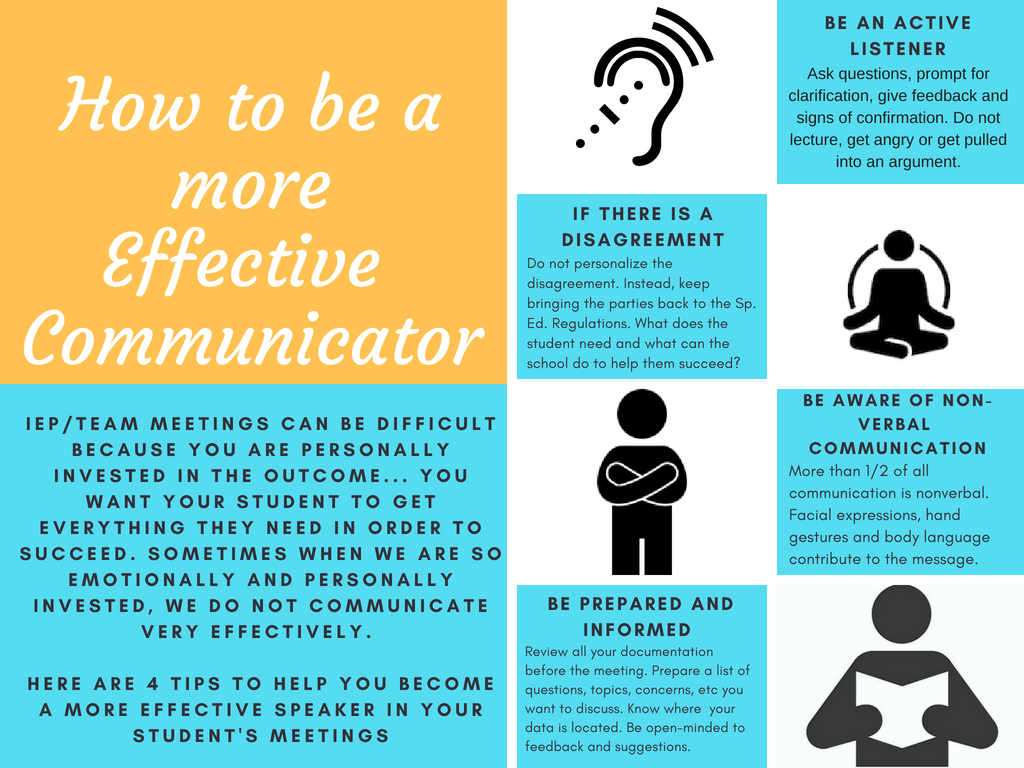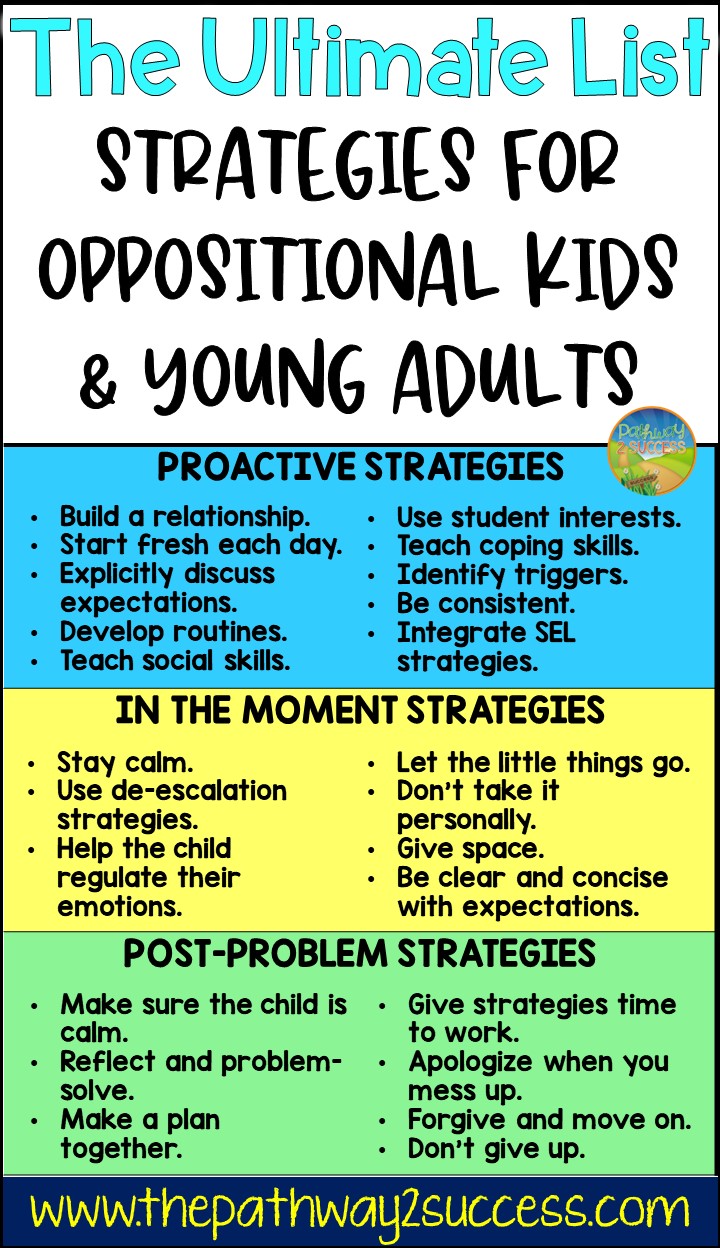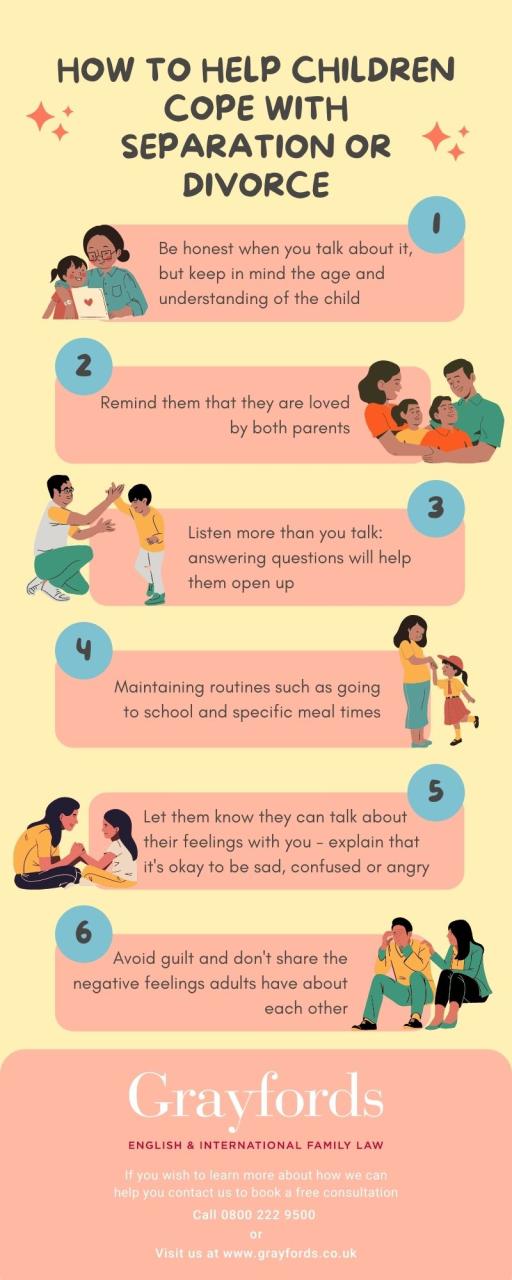 It’s hard for people to know how they’re doing unless they have some means of measuring their progress. As children grow in responsibility, their parents need to help them know how much they’re growing.
It’s hard for people to know how they’re doing unless they have some means of measuring their progress. As children grow in responsibility, their parents need to help them know how much they’re growing.
They key is good communication. The more feedback a child gets on how he’s doing, the more likely it is that he’ll be responsible. The communication should tell the child how he’s doing, where he stands, and that he’s loved.
Good communication is essential to a good relationship between parent and child. A good relationship is essential to having a child feel good about himself. And a child must feel good about himself before he can really develop into a responsible person.
Sometimes, it’s hard to say exactly what we mean when we’re communicating with another person. When that’s the case, we need to keep trying, keep restating it until the child knows exactly how we feel. Sometimes, it’s hard to sit down and really share feelings with another person. When we’re rusty at it, we hesitate. We’re a little embarrassed to open up, even to a child. When that’s the case, we need to keep trying, until we’re able to do it genuinely and sincerely.
How often should we have meaningful communication with our children? Every day. A child needs to have mileposts to know how he’s doing. Parents can provide those mileposts by showing the child specifically how he’s doing – in love. The parent can discuss negative concerns as well as offer positive praise – but the love must always be there. It’s got to be the dominant element in the relationship, as well as communication.
Here are some tips to help you in communicating:
- Realize there’s a different language for communicating logic and communicating feelings. Children haven’t learned the language of logic yet – but that’s what their parents usually speak. To communicate effectively with a child, speak the language of emotion. Talk about what you feel.
- Send I-messages, rather than you-messages. In other words, speak from your own point of view and your own person, rather than theirs. Say, “I feel upset when you don’t make your bed,” not “You were irresponsible because you didn’t make your bed.” By dealing with how you feel, you place the issue where it belongs: not on what happened but on how you feel about what happened.
- Don’t prescribe remedies before you diagnose the problem. Really listen to what the child is saying before you try to respond. In fact, listening is probably the most important part of the communication.
- When you’re talking over a problem, repeat back what the child said, to make sure you’re understanding the message the same way he’s sending it.
- Don’t overlook the power of touch in communication. Sometimes, a loving touch on the arm or shoulder, or snuggling a child on your lap, will say much more than words can ever say.


